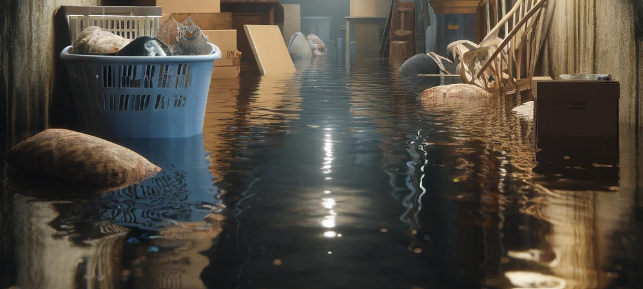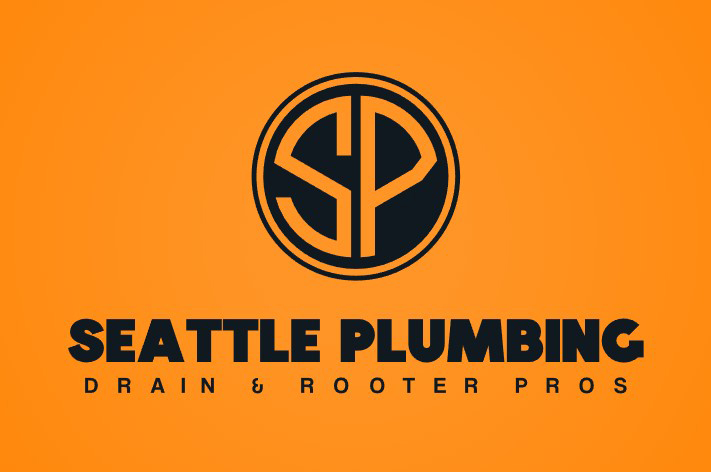Sewer backup problems can be messy, costly, and incredibly inconvenient. By implementing a few simple maintenance practices suggested by our team of master plumbers, you can significantly reduce the risk of facing a similar situation in the future.

Regular Inspections and Maintenance
Regularly inspecting and maintaining sewer systems is crucial for preventing costly and disruptive backups. As homeowners, we must understand the importance of proactive measures to keep our sewer systems functioning properly. By conducting regular inspections, we can identify potential issues early on and address them before they escalate into major problems.
One of the key components of preventative maintenance is scheduling routine sewer inspections by professionals. These inspections involve using specialized cameras to navigate through the sewer lines and assess their condition. By detecting any signs of blockages, root intrusions, or structural damage, we can take prompt action to resolve these issues and prevent backups from occurring.
In addition to inspections, sewer systems require ongoing maintenance to ensure optimal performance. This maintenance may include cleaning out debris, flushing the lines, and repairing any damaged pipes or connections. By staying proactive and investing in routine maintenance, we can prolong the lifespan of our sewer systems and minimize the risk of backups disrupting our daily lives.
Ultimately, regular inspections and maintenance serve as proactive measures to safeguard our homes from the inconvenience and expense of sewer backups. By prioritizing the care of our sewer systems, we can enjoy peace of mind knowing that we’re taking necessary steps to prevent potential issues before they arise.
Proper Disposal of Household Waste
Understanding the impact of proper disposal of household waste on sewer systems is essential for maintaining a functional and efficient drainage system. Improper disposal of items like grease, oil, food scraps, wipes, and other non-biodegradable materials can lead to clogs and backups in the sewer lines. These blockages not only disrupt the flow of wastewater but can also cause extensive damage and costly repairs.
To prevent sewer backup problems, it’s crucial to follow proper waste disposal practices. This includes avoiding pouring grease or oil down the drain, as they can solidify and create blockages. Instead, collect them in a container and dispose of them in the trash. Food scraps should be composted or thrown away in the garbage, rather than being washed down the sink.
Additionally, items like wipes, hygiene products, and paper towels should never be flushed down the toilet, as they don’t break down easily and can accumulate in the sewer pipes. Opt for biodegradable and septic-safe products when possible to reduce the risk of clogs.
Tree Root Prevention Measures
Implementing effective tree root prevention measures is essential for maintaining the integrity of sewer lines and preventing potential backups. Tree roots are one of the most common culprits for sewer line damage, as they’re naturally drawn to the moisture and nutrients within the pipes. To combat this issue, regular inspections by professionals using tools like cameras can help detect root intrusion early on. Additionally, strategic planting of trees away from sewer lines can prevent future root intrusions.
Chemical root treatments are another proactive approach to deter roots from growing into sewer lines. These treatments introduce chemicals into the pipes that discourage root growth without harming the trees themselves. However, it’s crucial to use these chemicals carefully to avoid potential environmental damage.
Physical barriers such as root barriers made of plastic or metal can also be installed along sewer lines to block root intrusion. These barriers create a deterrent that redirects roots away from the pipes, preserving the structural integrity of the sewer system.
Regular maintenance, including snaking and hydro jetting, can help keep roots at bay by clearing out any potential obstructions before they become a more significant issue. By implementing these tree root prevention measures, homeowners can proactively protect their sewer lines and avoid costly backups caused by invasive roots.
Professional Sewer Line Cleaning
To effectively maintain sewer lines and prevent potential backups, addressing tree root intrusion with preventative measures is crucial before considering professional sewer line cleaning services. However, despite taking all precautions, sewer lines can still get clogged over time due to various factors like grease buildup, scale, or foreign objects. In such cases, it becomes necessary to seek professional sewer line cleaning to ensure the system functions smoothly.
Professional sewer line cleaning involves using specialized equipment and techniques to clear out any blockages and restore proper flow. One common method is hydro jetting, where high-pressure water is blasted into the pipes to break up and flush out debris. This process is highly effective in removing stubborn clogs and buildup without causing damage to the pipes.
Additionally, professional plumbers have the expertise to inspect the sewer lines for any damages or potential issues that might lead to backups in the future. By addressing these issues promptly, costly repairs and extensive damage can be avoided. Regular professional sewer line cleaning can also help extend the lifespan of the sewer system and prevent major issues down the line.
Frequently Asked Questions
How Can I Prevent Sewer Backups From Happening During Heavy Rain or Flooding Events?
During heavy rain or flooding events, we can prevent sewer backups by clearing debris from drains, installing backwater valves, and maintaining proper landscaping to redirect water flow away from the sewer system.
### Are There Any DIY Methods for Clearing Minor Clogs in My Sewer Line?
Sure, we often use DIY methods like using a plunger or a drain snake to clear minor clogs in our sewer line. These tools can help us address the issue before it escalates into a bigger problem.
What Are Some Signs That My Sewer Line May Be at Risk of Collapsing?
We notice signs of a potential sewer line collapse like slow drains, sewage backups, foul odors, and gurgling noises. These issues can indicate serious problems that require immediate attention from a professional plumber to prevent costly damage.
Are There Any Environmentally-Friendly Alternatives to Chemical Drain Cleaners for Preventing Clogs?
We prefer environmentally-friendly alternatives like using baking soda and vinegar to prevent clogs instead of chemical drain cleaners. They are effective, safe, and better for the environment. Plus, they can help keep your pipes clear and functioning well.
How Can I Determine if My Home’s Sewer Line Is the Responsibility of the City or My Own?
We should contact our local municipality to determine if our home’s sewer line falls under their responsibility or ours. They can provide clarity on maintenance and ownership, ensuring we take appropriate action when issues arise.



